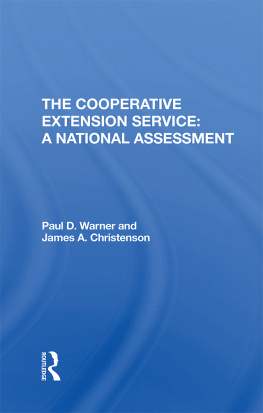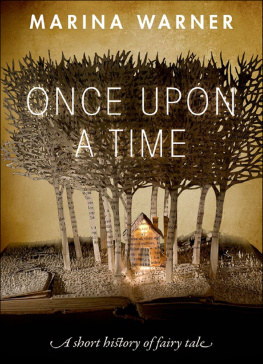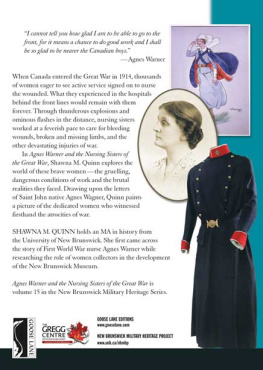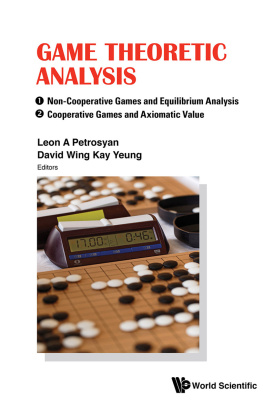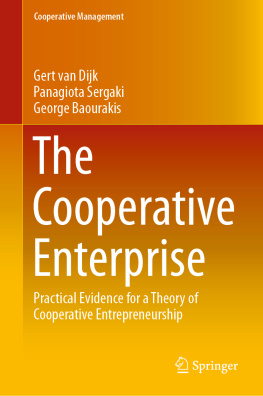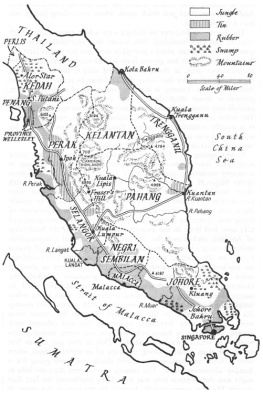THE COOPERATIVE EXTENSION SERVICE
Other Titles in This Series
Rural Society in the U.S.: Issues for the 1980s, edited by Don A. Dillman and Daryl J. Hobbs
Rural Public Services: International Comparisons, edited by Richard E. Lonsdale and Gyrgi Enyedi
The Impact of Population Change on Business Activity in Rural America, Kenneth M. Johnson
Science, Agriculture, and the Politics of Research, Lawrence Busch and William B. Lacy
Technology and Social Change in Rural Areas, edited by Gene F. Summers
The Social Consequences and Challenges of New Agricultural Technologies, edited by Gigi M. Berardi and Charles C. Geisler
Available in hardcover and paperback.
About the Book and Authors
The Cooperative Extension Service: A National Assessment
Paul D. Warner and James A. Christenson
The Cooperative Extension Service, a publicly supported educational agency, is continually struggling to define its proper function and purpose in our changing society. Should its mission be broadly based or narrowly focused? Should staff members be generalists or specialists? Should its clients be primarily rural or urban, farm or nonfarm? What role should Extension play in the information networks of the twenty-first century?
Professors Warner and Christenson take a broad look at these and other questions concerning where the Extension Service has been, how well it is doing, and where it ought to go. Theirs is, first, the only comprehensive national survey that looks at the total Extension organization rather than at just one program area. Second, it expresses the viewpoint of Extension clients and the public, rather than that of the organization's staff; and third, it combines outside survey information with data recorded in the Extension Management Information System (EMIS) and other routine agency reports.
The authors evaluate, among other things, the extent of public awareness of the agency and its four major program areas (agriculture, home economics, 4-H, and community development), determine the users and nonusers of the programs and the accessibility of programs to the general population, identify the level of satisfaction with existing programs, and outline priorities and policy issues for the future.
Dr. Paul D. Warner is professor of sociology at the University of Kentucky and Extension specialist with the Kentucky Cooperative Extension Service. He has conducted several evaluation studies of innovative program delivery systems, the most recent of which explored the organizational impacts of a videotext information system for delivering weather, market, and production information to farmers. Dr. James A. Christenson is professor and chairman of the Department of Sociology at the University of Kentucky. From 1972 to 1976 he was Extension specialist at North Carolina State University. Since 1979 he has served as director of the Survey Research Center at the University of Kentucky and is currently the editor of Rural Sociology.
THE RURAL STUDIES SERIES of the Rural Sociological Society
Editorial Board
Chairman, David L. Brown, ERS, USDA, Washington, D.C.
Jere L. Gilles, University of Missouri
Denton E. Morrison, Michigan State University
Sonya Salamon, University of Illinois
Marta Tienda, University of Wisconsin
Kenneth P. Wilkinson, Pennsylvania State University
James J. Zuiches, Cornell University
The Cooperative Extension Service: A National Assessment
Paul D. Warner and James A. Christenson
First published 1984 by Westview Press
Published 2019 by Routledge
52 Vanderbilt Avenue, New York, NY 10017
2 Park Square, Milton Park, Abingdon, Oxon OX14 4RN
Routledge is an imprint of the Taylor & Francis Group, an informa business
Copyright 1984 by the Rural Sociological Society
All rights reserved. No part of this book may be reprinted or reproduced or utilised in any form or by any electronic, mechanical, or other means, now known or hereafter invented, including photocopying and recording, or in any information storage or retrieval system, without permission in writing from the publishers.
Notice:
Product or corporate names may be trademarks or registered trademarks, and are used only for identification and explanation without intent to infringe.
Library of Congress Catalog Card Number: 84-50486
ISBN 13: 978-0-367-29105-1 (hbk)
To our parents, Ruth M. and Lorraine V. Warner and LaVerne D. and Gilbert R. Christenson, who shared with us their values, love, and appreciation of life.
Our ideas and perceptions of reality continually evolve. Many friends, colleagues, and scholars have contributed to the generation of the ideas in this book, and it would be impossible to acknowledge all of their contributions. The references we have cited name many who influenced our approach to evaluation and our understanding of the Cooperative Extension Service, but that list cannot indicate the numerous intangible contributions made by others.
The desire to assess the scope and impact of Extension began for Paul Warner during his work with Howard Phillips, Clarence Cunningham, Dick Young, and others while at The Ohio State University. Jim Christenson has greatly relied upon his exposure to Extension through Vance Hamilton, Tom Hobgood, John Collins, Paul Thompson, and Mauri Voland while working as an Extension Specialist at North Carolina State University.
The direct impetus for this book grew out of earlier projects of the Kentucky Cooperative Extension Service and the Kentucky Agricultural Experiment Station that focused on citizens' needs and community services. Support for the development of the concepts and eventually for the book was provided under an Extension Service U.S. Department of Agriculture special project grant entitled "Use of General Population Surveys as a Method for Assessing the Impact of Extension Programs." Fred Woods served as our liaison on the project and assisted in the process of utilization within the federal structure. Claude Bennett and his colleagues with the PDEMS staff, Extension Service, USDA, provided important encouragement and suggestions. Support for conducting the national survey was provided by a grant from the Ford Foundation to co-workers Larry Busch and Bill Lacy through the Committee on Agricultural Research and Extension Policy at the University of Kentucky. To both Larry and Bill, we owe a sincere debt of appreciation. Special acknowledgment goes to David Brown, Associate Director of the Economic Research Service, USDA, for his encouragement, support, and assistance in making this book a part of the Rural Studies Series of the Rural Sociological Society, and to Lynn Arts of Westview Press, who guided the publication process.
Several colleagues and friends read early drafts of this manuscript, providing very helpful suggestions. We are especially grateful to Don Dillman and Ronald Powers for their willingness to provide ongoing feedback over a period of almost a year. We also wish to thank Jim Hildreth, Clarence Cunningham, Cindy Noble, Dan Moore, Sara Steele, C. Milton Coughenour, Richard Maurer, and Lori Garkovich for commenting on various parts of the book.
We are also appreciative of the patience and dedication of Nona Richie, who typed and retyped most of the manuscript. Rosemary Cheek, Michael Claycomb, and Lynn Webb assisted in typing and illustrating the material. Ann Stockham helped to edit and index the manuscript. We are grateful for the help of Janice Taylor, who skillfully expedited the administrative details associated with the grants and book. Initial presentations at the 1983 Rural Sociological Society meetings, at Washington State University in late 1982facilitated by Bob Butlerand at the American Association of Adult and Continuing Education meetings organized by Joan Thomson helped to provide valuable feedback during the final stages of preparing the manuscript.


